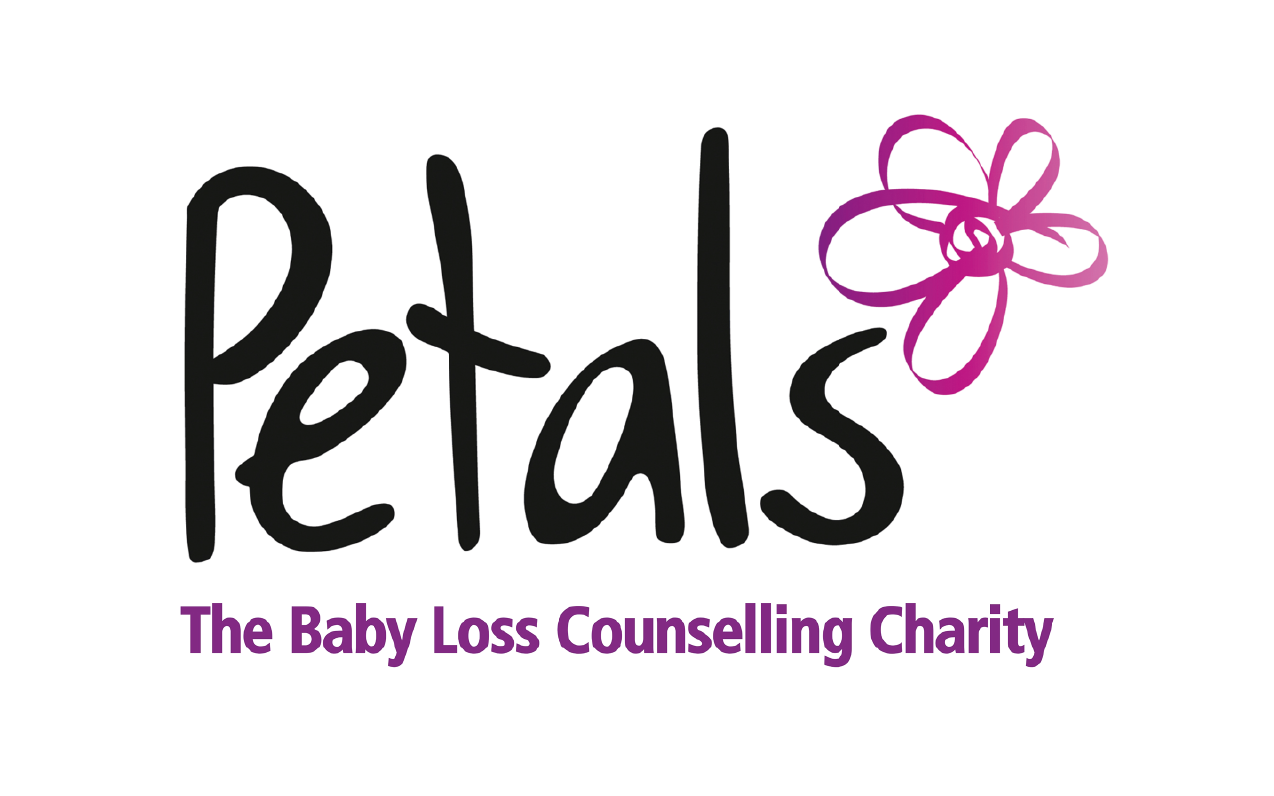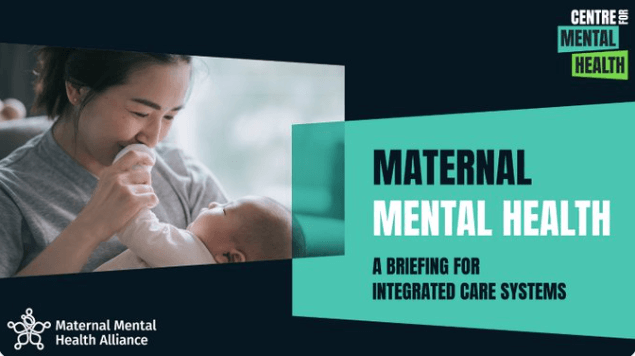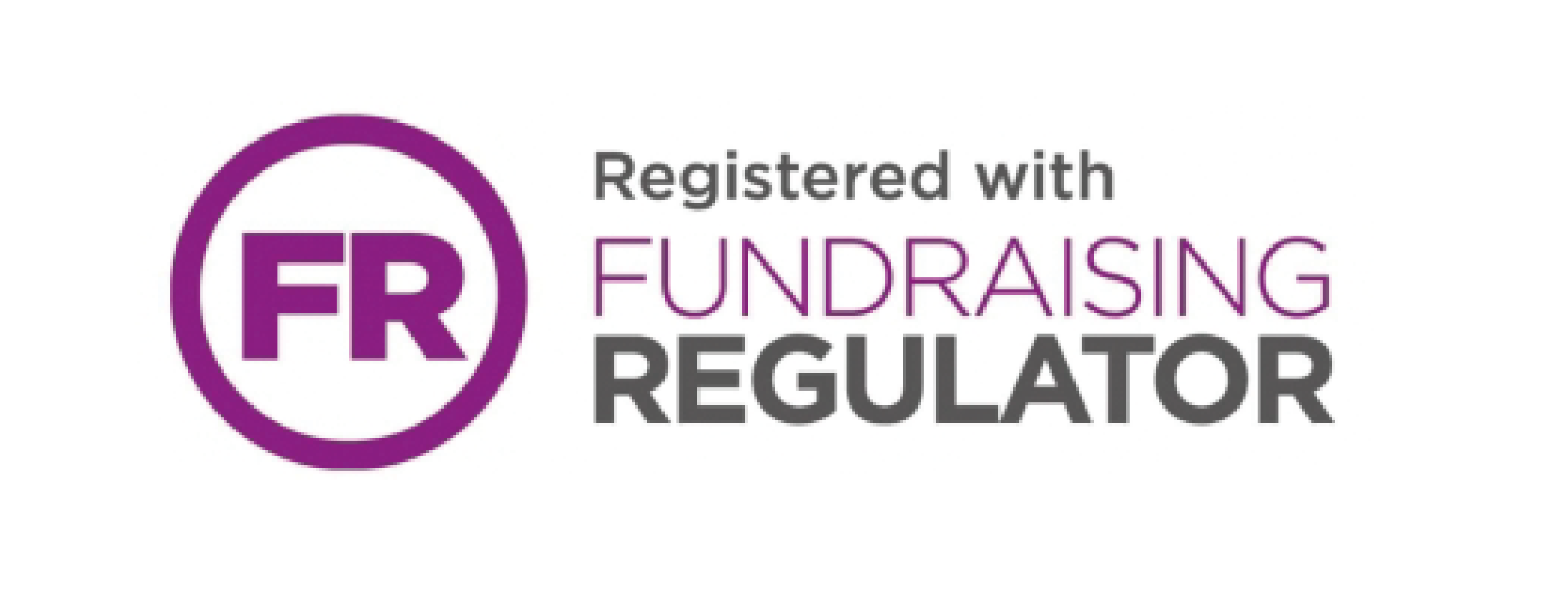Today (26th July 2023) has seen the launch of a new Maternal Mental Health briefing for NHS Integrated Care Systems (ICS).
At Petals, we believe that all parents who experience the trauma of baby loss should have access to free specialist counselling. For this to be a reality, it requires the NHS ICS to invest in Petals’ tried and tested mental health intervention, through the commissioning of our counselling service.
The Life After Loss report published in 2019 by the Centre for Mental Health (CMH) clearly lays out the economic case for commissioning our specialist counselling service, showing £1 invested in Petals will return a net £2.71. CentreforMH_Life_after_loss.pdf (centreformentalhealth.org.uk).
We, therefore, urge all NHS Commissioners for maternal and perinatal mental health services reading the briefing published today by the Maternal Mental Health Alliance (MMHA) and the CMH to talk to us at Petals, [email protected], about how we can work together to deliver our much-needed service across the country to improve the mental health of those parents suffering the trauma of baby loss.
“BABY LOSS
Women and their partners who experience pregnancy loss, stillbirth or the death of their baby
neonatally face a high risk of poor mental health from the trauma they have been through. NICE guidance (2014) sets out the interventions women should receive in these circumstances.Specialist counselling, provided by organisations such as Petals, can help women and their partners to come to terms with their tragic and traumatic loss. It is distinctive to bereavement support and has been shown to benefit health, relationships and employment – and in so doing it generates financial benefits significantly greater than the costs of providing such a service.” CENTRE FOR MENTAL HEALTH | MATERNAL MENTAL HEALTH: A BRIEFING FOR INTEGRATED CARE SYSTEMS
We send our huge thanks to the Maternal Mental Health Alliance and the Centre for Mental Health for producing this briefing and for their recognition of the importance of both specialist counselling and input from the voluntary sector. You can read the briefing in full HERE.


